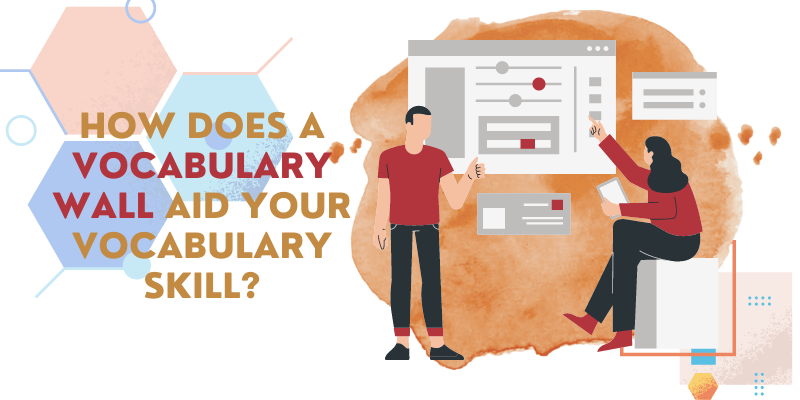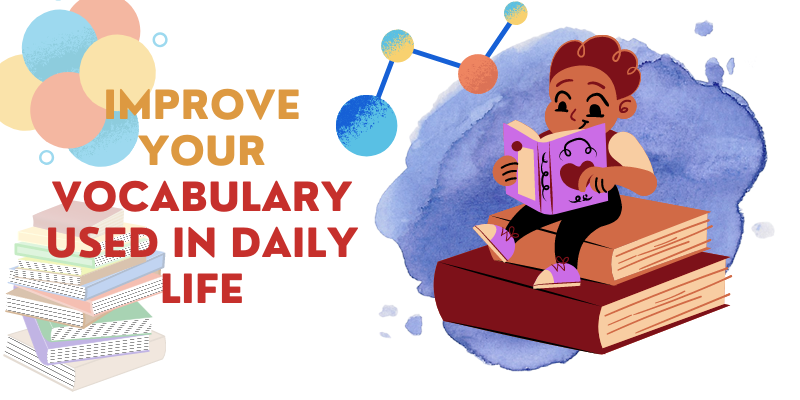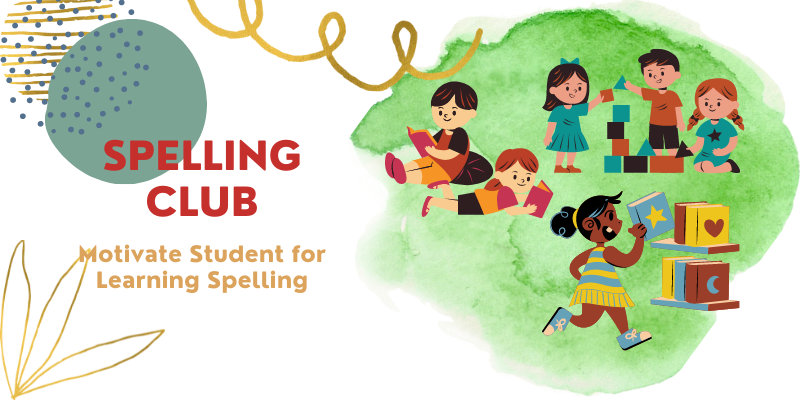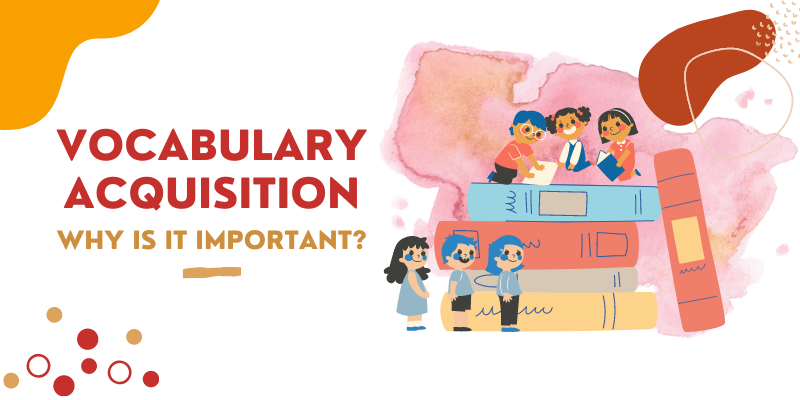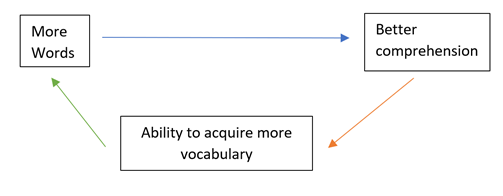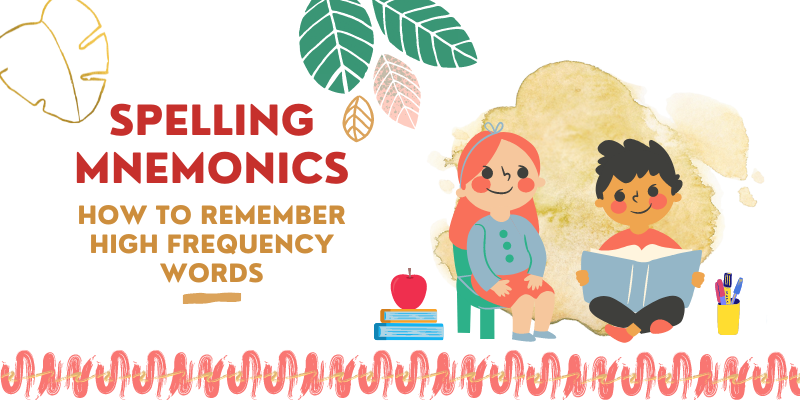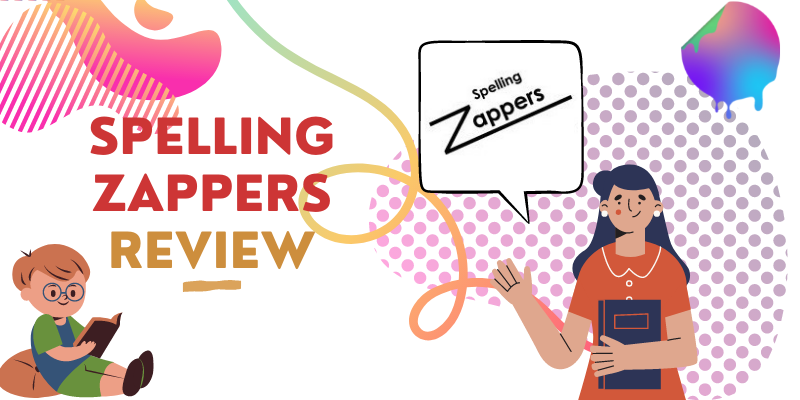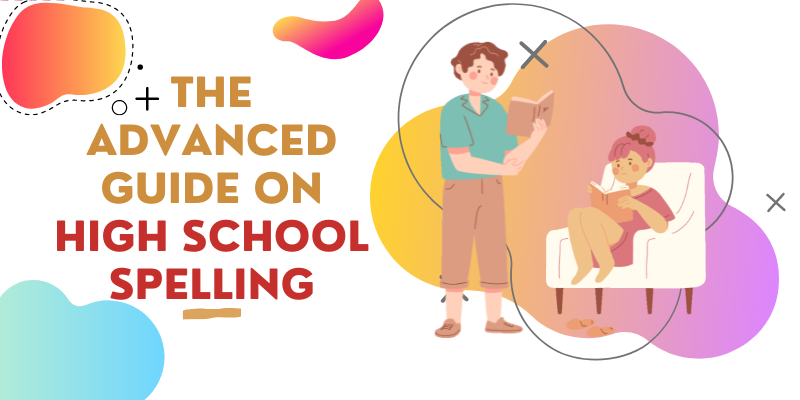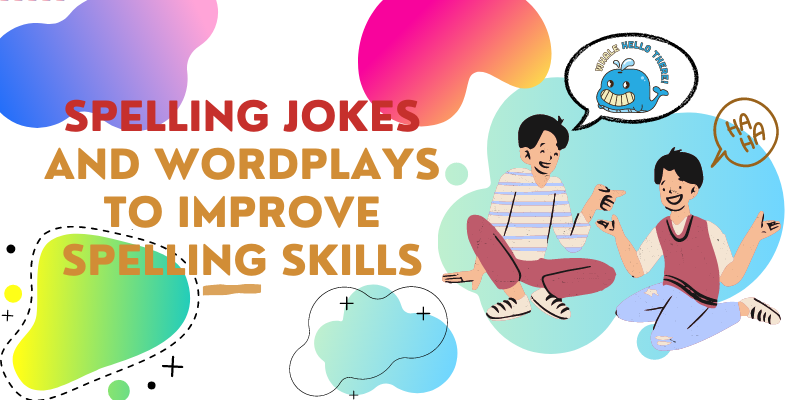Imagine being asked to describe your hometown. How will you describe it? Some of you might say
“I live in X city. It is a big city. Many people live here. There are many big roads in the city so we can easily travel around…”
Or some might say
“My hometown is X. It is a metropolitan city with a sound transportation system. It has become a melting pot of different cultures due to its huge population…”
Which one sounds better? Or fluent?
Knowing enough words to be able to address something is without a doubt a praiseworthy accomplishment. But describing something with more accuracy requires a good command of the language, that is, a wider range of vocabulary.
Vocabulary expansion is an integral part of mastering a language. The more words you learn, the better you are at understanding and explaining complex concepts. It is also linked to sounding fluent in a language.
In this article, we would discuss vocabulary expansion techniques and exercises. But first, we should understand properly why it is necessary to acquire more words.
Why Is Vocabulary Expansion Necessary?
The example given at the beginning clearly shows the difference between knowing English and being fluent in it. But what if sounding fluent is not one of my priorities? Do I still need to expand my vocabulary? The answer is yes. Let’s discuss why:
Language Development
There is no doubt that vocabulary is the building block of every language. It helps us to clearly express and share our ideas, thoughts, information etc. which leads to growing relationships. One of the most unique features of vocabulary is that it can help you express yourself even without any knowledge about grammar. And that is why vocabulary expansion is needed.
Let’s say you are in a bakery in the UK, and you have no knowledge of English grammar. You only know some words including the names of some foods. Don’t worry! Just go to the worker there and say, “Blueberry Muffin” You are just as likely to receive one as saying “Hi! I’d like to have one blueberry muffin, thank you”.
If you are still not convinced, think about how children learn to speak. Do they take grammar lessons before they start to speak? Most definitely not. First, they acquire the words such as ‘food’, ‘ball’, ‘sleep’, ‘eat’ etc. and speak only the words to convey their needs.
The more words you know, the better you can make people understand what you are trying to say.
Learning easy vocabulary words in English can you with your vocabulary expansion.
Comprehension
The biggest contribution of vocabulary is obviously incomprehension. Being able to understand properly comes before being fluent and better comprehension is the foundation of improving fluency in all skills- Reading, Listening, Writing, and speaking.
Reading
Imagine sitting down to read a book but not being able to do so because you don’t understand what is written. Every once in a while, you need to get up to find a dictionary or search on the internet for the meaning of the word.
This can be irritating to the point you give up reading the book or lose interest in reading entirely. Also, it can have a negative effect on your confidence. And not just that, if you face trouble understanding an academic document because of poor vocabulary, it will affect your academic performance greatly.
Listening
If you don’t know the meaning and pronunciation of a word, how would be able to understand what the speaker is trying to convey? Having a good command of pronunciation is essential to keep a conversation going.
Yes, we can ask the speaker to repeat what they said but how long do you think we can do that before they get frustrated?
Native speakers might not face this problem, but non-native learners need a wide range of vocabulary to improve their listening skills.
Speaking
Have you ever been in a situation where you are trying to properly describe a concept but no word in your vocabulary seems appropriate enough? Both native and non-native speakers can relate to this which is why vocabulary expansion is mandatory for both types of speakers.
Enriched vocabulary also boosts your confidence, especially in a formal situation where you are expected to show your skill.
Writing
Like the example about hometown, now try to describe your friend. Do you think describing him as a “good person” is fulfilling enough? Or using ‘well-mannered’, ‘poised’, ‘suave’, ‘empathetic’, ‘optimistic’ etc. would be more attractive to the reader?
A larger vocabulary is immensely important when it’s come to writing because making concepts crystal clear to the audience is one of the top priorities in this field.
Do you know another interesting fact? Vocabulary expansion enhances your capability of understanding complex concepts as well. For example, if you understand ‘manners’ and ‘etiquettes’, it would be easier for you to understand the meaning of ‘courteous’, ‘poised’, ‘elegant’ etc.
Better understand your vocabulary errors in writing so that you can efficiently expand your vocabulary.
How Can I Expand My Vocabulary?
Now that we are aware of the necessity, it is time to get some tips and tricks for vocabulary expansion. One thing we must understand is that everyone has their own ways and pace to improve their skills. Also, different techniques work for different people.
An adult might not have the facilities a student has, and a student mostly doesn’t have the already enriched vocabulary like an adult. So, for their cases, vocabulary expansion exercises and approaches would be different.
How To Improve Vocabulary of Students
As a teacher, you should set goals for your students and then design your curriculum to achieve them. Below are some ideas about vocabulary expansion for students:
Direct Teaching
Vocabulary expansion, by definition, is suitable for older students and direct teaching can be exceptionally effective in this case. Provide them with a list of words and ask them to memorize them with meanings and usage in sentences. Monitor their progress regularly.
Reading Sessions
Books are arguably the best exposure to new vocabulary; therefore, interest in literature can contribute greatly to vocabulary expansion. Students will be able to understand the concept of the words better if they are read in a passage.
Arrange reading sessions in your class and asks the students to read out passages. If they get stuck at any point, explain the meaning of the word to them. You can also read out critical parts and ask if they are understood properly. If a student knows a word beforehand, encourage them to share their knowledge with others.
You should also help them notice new words in a text. Ask them to write down or record the new word with meaning, roots, use in a sentence etc.
You can also ask them to listen to audiobooks to understand the pronunciation better.
Dictionary
Motivate the students to use dictionaries for vocabulary expansion. It is obvious that they would find it boring at first, but with proper guidance, you can grow their interest.
The students might not be interested in using a paper book, ask them to use the ones available online. Most of the dictionaries that are printed are also available online. The user-friendly interface along with audio explaining pronunciation would definitely be more helpful for the students.
Roots, suffix, prefix
Suffixes and prefixes are building blocks of the word, and the root holds the core meaning. Teaching the students about word these parts help them understand the meaning to some extent when seeing a new word. Below are some examples of suffixes, prefixes and roots of English words with meaning to teach students:
Suffix
|
Suffix |
Meaning |
Example |
|
-er, -or |
The one who does |
Counselor, Narrator, Driver, Singer |
|
-ist |
The one who believes or applies |
Narcissist, Capitalist |
|
-ize, -ise |
Becoming |
Socialize, Civilize, Categorize |
|
-less |
Without |
Helpless, thoughtless, countless |
|
-ship |
Holding a position |
Ownership, Membership, Internship |
Prefix
|
Prefix |
Meaning |
Example |
|
Co- |
Together |
Cooperation, coeducation, coordinate |
|
Im-, In- |
Not |
Immoral, Immortal, Independent |
|
In- |
Extreme |
Invaluable |
|
Inter- |
Between |
Intercity, international |
|
Pre- |
Before |
Prefix, preview |
Greek Roots
|
Roots |
Meaning |
Example |
|
Auto |
Self |
Automatic, Automobile |
|
Geo |
Earth |
Geography, Geology |
|
Micro |
Small |
Microscope, Microcredit |
|
Poly |
Small |
Polygamy, Polygon, Polycystic |
|
Tele |
Distant |
Telescope, Telephone, Television |
Latin Roots
|
Root |
Meaning |
Example |
|
Audio |
Hearing |
Audience, auditory, audible |
|
Bi |
Two |
Bicycle, Bilingual, Binary |
|
Duo |
Two |
Duet, Duplex |
|
Manus |
Hand |
Manicure, manuscript |
|
Ped |
Foot |
Pedestrian, Pedestal |
How To Improve Vocabulary for Adults?
If you are an adult trying to improve your vocabulary, it is most likely that you have to do it on your own. Here are some tips for your aid:
Routine practice
The first and foremost task is to make a routine and follow it seriously. You should set a goal such as learning a new word every day or learning 20-30 new words each month. Assign a certain amount of time every day for practice.
Reading practice
There is no alternative to this. Develop a reading habit. Challenge yourself to read a new book every month. Read newspapers or magazines in your spare time. Articles are the best source of subject-related words. Try to find articles about the topics related to such words.
Use the words in conversation
You should plan beforehand to add certain words in your conversation, especially on a formal occasion, or when you are giving a speech. Practice with a friend or family to enrich your active vocabulary.
It is essential to have a clear idea about your current size of vocabulary before you decide to expand it. Otherwise, you might be looking at word lists that are too complicated for you or words you already know. That is why SpellQuiz Vocabulary Test assigns you a grade based on your vocabulary size. The test only takes 10 minutes to assume how many words you might know and places you between grades 1 to 12.
You will hear an audio clip recorded with professional voice artists and you need to write down what you heard with proper spelling.
After receiving your grade, you should check SpellQuiz Printable Words Lists to find words that are appropriate for your grade. There are multiple lists for each grade and separated word lists for the spelling bee.
It might be a little overwhelming for you or you might be in a hurry for vocabulary expansion but being relaxed and steady bring out the best outputs in this case. With the SpellQuiz Adaptive Spelling scheme, you can advance at your own pace and monitor your vocabulary expansion progress through the dashboard.
Happy Spelling!

